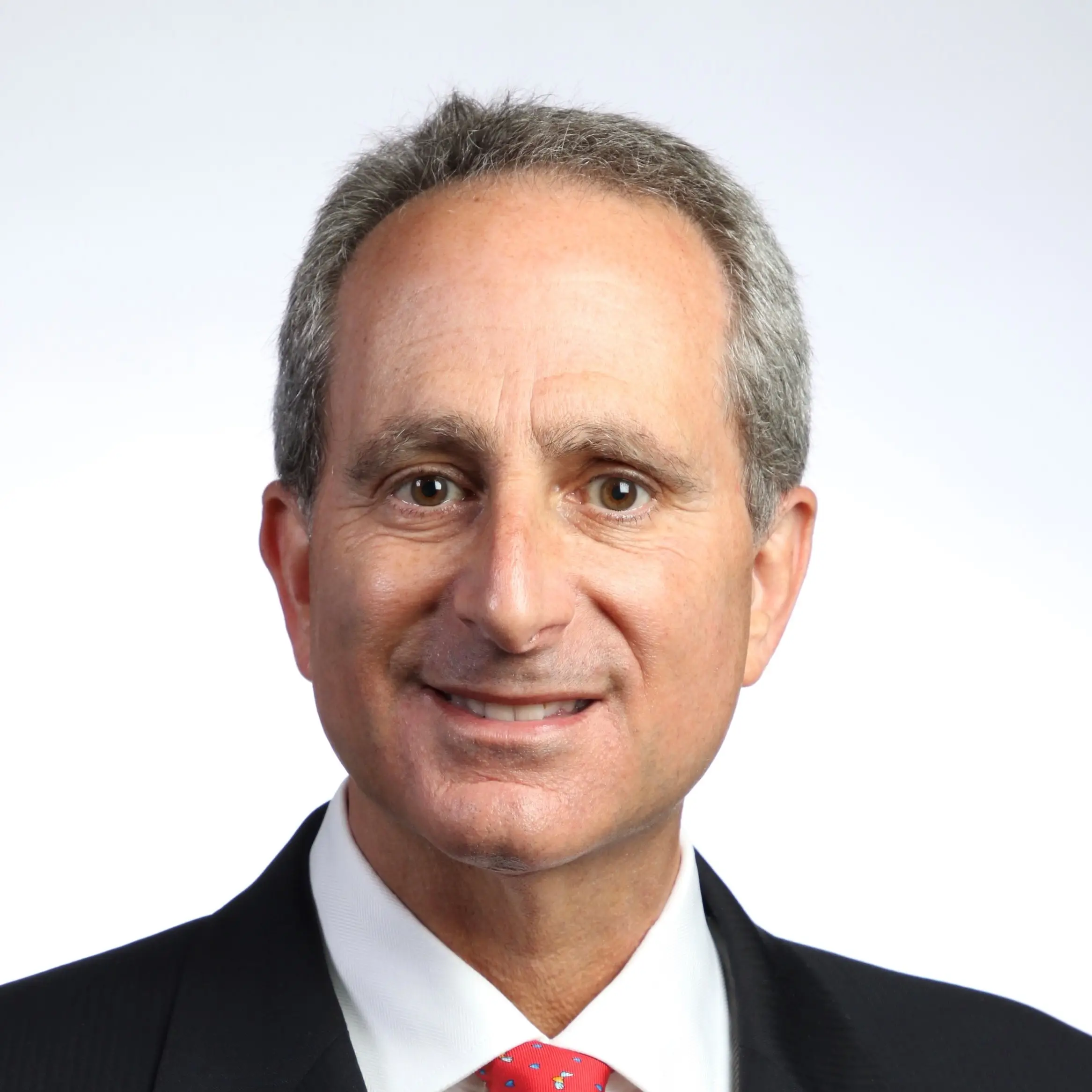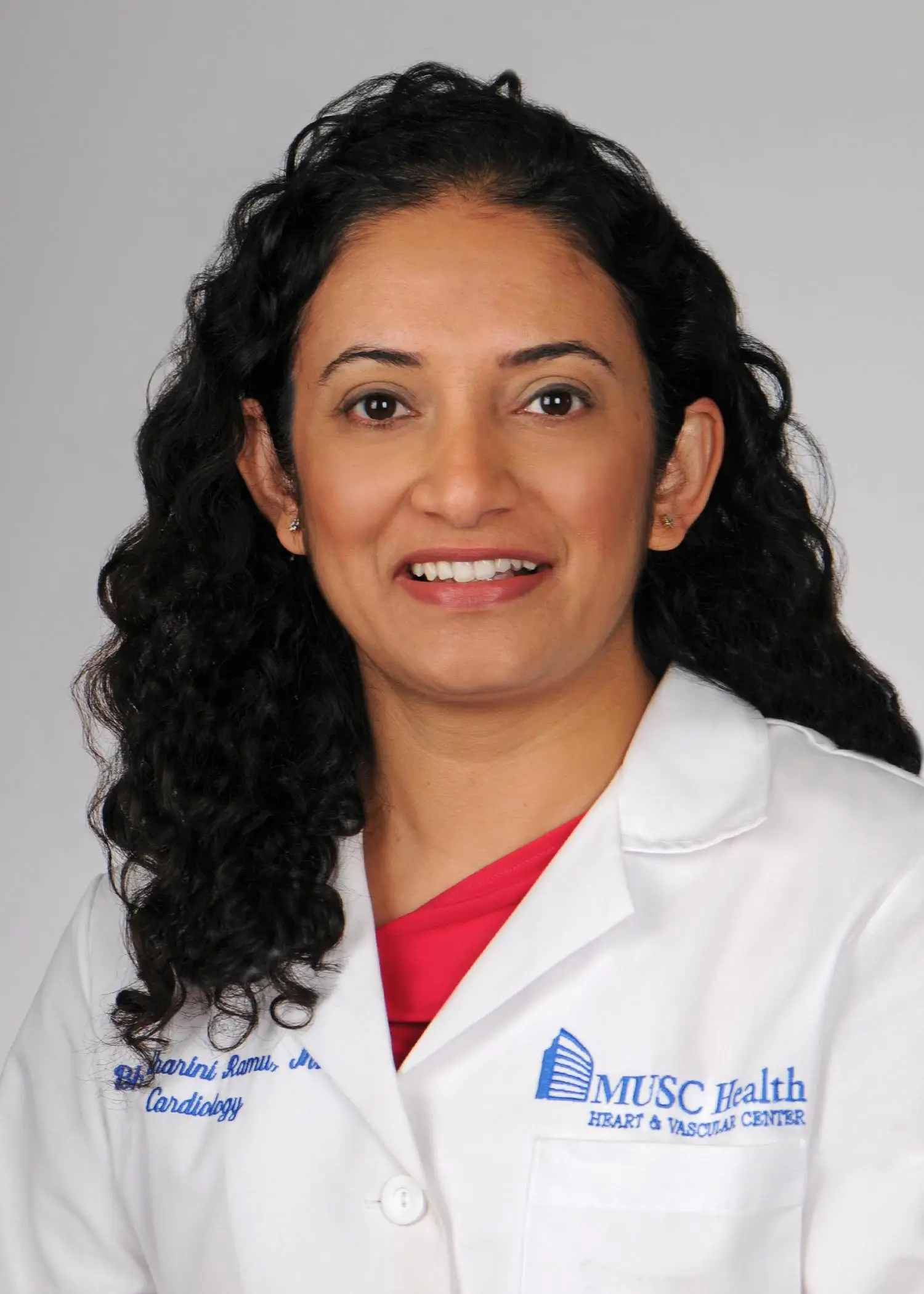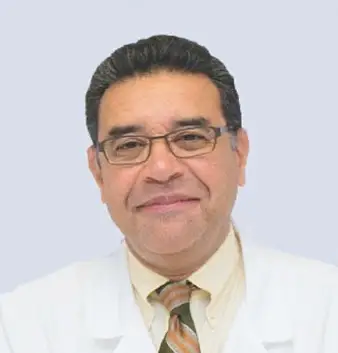The Heart Café will welcome congress delegates with coffee and tea as we invite you to join us for a series of interactive discussions on key topics in the field of cardiovascular disease, noncommunicable diseases and global health.
Location: Global Meet-Up Lounge, Lounge & Learn Pavilion, Hall B2
SATURDAY, 6 APRIL
SUNDAY, 7 APRIL
Monday, 8 APRIL
High LDL cholesterol is a common risk factor for cardiovascular diseases like coronary artery disease and can increase risk of experiencing a heart attack. A group of experts and advocates will convene to tackle the crucial subject of cholesterol management. Panellists will address common misconceptions and myths surrounding cholesterol, and they will explore health system and policy approaches to improving preventive measures and access to diagnosis and optimal care. Audience engagement will be encouraged through questions and participation, with the goal of raising awareness and empowering individuals to prioritise their heart health in the future.
Video here.
(Sponsor: Merck)
Speakers:

Prof Stephen Nicholls - Moderator
Program Director of the Victorian Heart Hospital, MonashHeart
Monash University, Australia

Dr Erin D. Michos
Cardiologist and Associate Professor of Medicine and Director of Women's Cardiovascular Health
Johns Hopkins School, USA

Dr Salim S. Virani
Vice Provost Global Research
Aga Khan University

Dr Raul Santos
Director of the Lipid Clinic at the Heart Institute (InCor) and associate professor of the University of São Paulo (USP) Medical School
Heart Institute of the University of Sao Paulo (InCor), Sao Paulo, Brazil
Prof José Ramón González Juanatey
Head of the Cardiology Service
University Clinical Hospital and University of Santiago de Compostela, Spain

Dr Mary McGowan
Chief Medical Officer
Family Heart Foundation
Chagas disease is a neglected tropical disease that affects millions of people, primarily in Latin America. The panel discussion will cover a range of topics, including the epidemiology and prevalence of Chagas disease, the latest research on its transmission and treatment, public health strategies for prevention and control, and the social and economic impact on affected communities. Such discussions aim to raise awareness, share knowledge, and foster collaboration among individuals and organizations dedicated to combating Chagas disease and improving the lives of those affected by it.
Video
(In collaboration with: Novartis)
Speakers:
Prof Daniel Pineiro - Moderator
Cardiologist, WHF President
World Heart Federation

Prof Clara Saldarriaga
Professor of Cardiology
Cardiovascular Clinic Santa Maria, University of Antioquia, Colombia
Prof Tom Ribeiro
Professor, Internal Medicine Department, School of Medicine Vice-Director, Center for Innovation in Artificial Intelligence for Health
Federal University of Minas Gerais, Brazil

Dr Rick Tarleton
Head of Tarleton Research Group in the University of Georgia’s Department of Cellular Biology
University of Georgia, USA
Despite significant medical advances in the diagnosis and management of heart failure (HF), and the extensive body of knowledge available on the causes and risk factors of this condition, HF remains a leading healthcare challenge in both high- and low-income countries. Lack of awareness about HF has recurrently been identified as a major barrier for patients with HF and their families, communities at large, healthcare workers at all levels of care, and policymakers.
The panel will facilitate a comprehensive and collaborative discussion among healthcare professionals, researchers, and policymakers, with the aim of identifying actionable strategies and solutions for bridging the gap in the diagnosis and management of heart failure. The discussion will focus on raising awareness, improving healthcare practices and care integration, and fostering policy changes to enhance heart failure care and reduce its burden on individuals and healthcare systems in both high- and low-income countries.
(Sponsors: Lexicon Pharma and BMS)
Speakers:
Dr Jagat Narula - Moderator
Cardiologist, WHF President-elect
World Heart Federation

Prof Amitava Banerjee
Professor of Clinical Data Science
University College London, UK

Dr Angela Koh
Associate Professor, Department of Cardiology
National Heart Centre Singapore and Duke-National University of Singapore, Singapore

Dr Kathleen D. Faulkenberg
Cardiology Clinical Pharmacist, College of Pharmacy
University of Kentucky
As CVD prevalence continues to rise, there is an urgent need to address the increasing burden of CVD effectively, and innovative care models are crucial. Innovative care models are approaches to healthcare delivery that incorporate novel strategies, technologies, and practices to improve patient outcomes, enhance the patient experience, and potentially increase capacity and reduce costs. These models aim to address various healthcare challenges, such as increasing demand for services, rising costs, and the need for more patient-centered care. This panel discussion will bring together experts to explore innovative care models including value-based care, task-shifting, and telehealth, as models that may hold immense potential for tackling these challenges.
Speakers:

Dr Dipti Itchhaporia - Moderator
ACC Past President, Program Director of disease management
Jeffrey M. Carlton Heart and Vascular Institute, USA

Prof Prabhakaran Dorairaj
Director of Centre for Chronic Disease Control India
Public Health Foundation of India, India

Dr Demilade Adedinsewo
Director of Research for the Women's Heart Clinic
Mayo Clinic, USA

Dr Laurence S Sperling
Cardiologist, Executive Director of the Million Hearts program, Professor in Preventive Cardiology
Emory Clinic - School of Medicine Faculty, Centers for Disease Control and Prevention, USA

Dr Yvonne Commodore-Mensah
Cardiovascular Nurse Epidemiologist
Johns Hopkins, USA
In recent years, there has been a growing recognition of the need for personalised cardiovascular care that takes into account sex-specific risk factors. Healthcare providers are increasingly encouraged to consider a patient’s sex when assessing cardiovascular risk and providing appropriate prevention and treatment strategies. Additionally, public health initiatives and educational campaigns aim to raise awareness about and reduce gender disparities in heart health. This panel discussion will shine a spotlight on the unique challenges women face in accessing optimal care for CVD and delve into the gender-specific risk factors that influence their cardiovascular health. By addressing these critical issues, we aim to improve awareness, care delivery, and outcomes for women at risk of or living with CVD.
Speakers:

Prof Mamas A. Mamas
Professor of Cardiology
Keele University, UK

Dr Leslie Cho
Director of the Cleveland Clinic’s Women’s Cardiovascular Center, Section Head, Preventive Cardiology and Rehabilitation and the Chief Quality Officer
Cleveland Clinic, USA

Dr Bhavadharini Ramu
Advanced Heart Failure & Transplant Cardiologist
University of Minnesota, USA

Dr Cesar J. Herrera
Director of Cardiology
CEDIMAT Cardiovascular Center, Santo Domingo, Dominican Republic, Dominican Republic

Celina Gorre
CEO
WomenHeart
Homozygous familial hypercholesterolemia (HoFH) is an ultra-rare genetic disorder characterized by extremely high and life-threatening levels of LDL-cholesterol from birth. The condition leads to significant premature cardiovascular morbidity and mortality, if left untreated. Timely diagnosis and adequate treatment are essential in preventing premature cardiovascular disease in individuals affected by HoFH. Yet, despite guideline recommendations for universal pediatric lipid screening in children aged 9-11, HoFH remains severely underdiagnosed and undertreated in the United States.
The panel will discuss measures that states can adopt to reduce the burden of HoFH. Panelists will also outline key research and policy gaps that need to be addressed in order to lay the groundwork for the implementation of new approaches, such as universal newborn screening of HoFH, in the United States.
(Sponsor: Regeneron)
Speakers:

Dr Raul Santos - Moderator
Director of the Lipid Clinic at the Heart Institute (InCor) and associate professor of the University of São Paulo (USP) Medical School
Heart Institute of the University of Sao Paulo (InCor), Sao Paulo, Brazil

Dr Mary McGowan
Chief Medical Officer
Family Heart Foundation, USA

Prof Christie Ballantyne
Chief of Cardiovascular Research, Director of the Center for Cardiometabolic Disease Prevention
Baylor College of Medicine in Texas, USA
Ms Allison Jamison
Patient perspective
USA
Air pollution and climate change are not only environmental concerns but also significant threats to cardiovascular health. This panel discussion aims to bring together experts and stakeholders to explore the impact of these two critical issues on heart health. The panel will discuss the evidence of air pollution and climate change’s impact on cardiovascular disease, the scale of the problem, and actionable solutions to mitigate the cardiovascular risks associated with air pollution and climate change.
Speakers:
Jeremiah Mwangi - Moderator
Director of Policy and Advocacy
WHF

Dr Janet Wright
Director, Division for Heart Disease and Stroke Prevention
Centers for Disease Control and Prevention, USA

Dr Sadeer G Al-Kindi
Cardiologist, Director, Center for Integrated and Novel Approaches in Vascular Metabolic Disease
University Hospitals Harrington Heart & Vascular Institute - USA

Prof Prabhakaran Dorairaj
Director of Centre for Chronic Disease Control India
Public Health Foundation of India, India
Dr Colin Phillips
Chair
ACC climate change task force